Mother’s Day 2020: Six people share what it’s like to spend the day without their mothers
For those whose mothers aren’t around, Mother’s Day can be a particularly difficult time. Sabrina Barr speaks with six individuals about what it’s like to cope on the day without their mothers

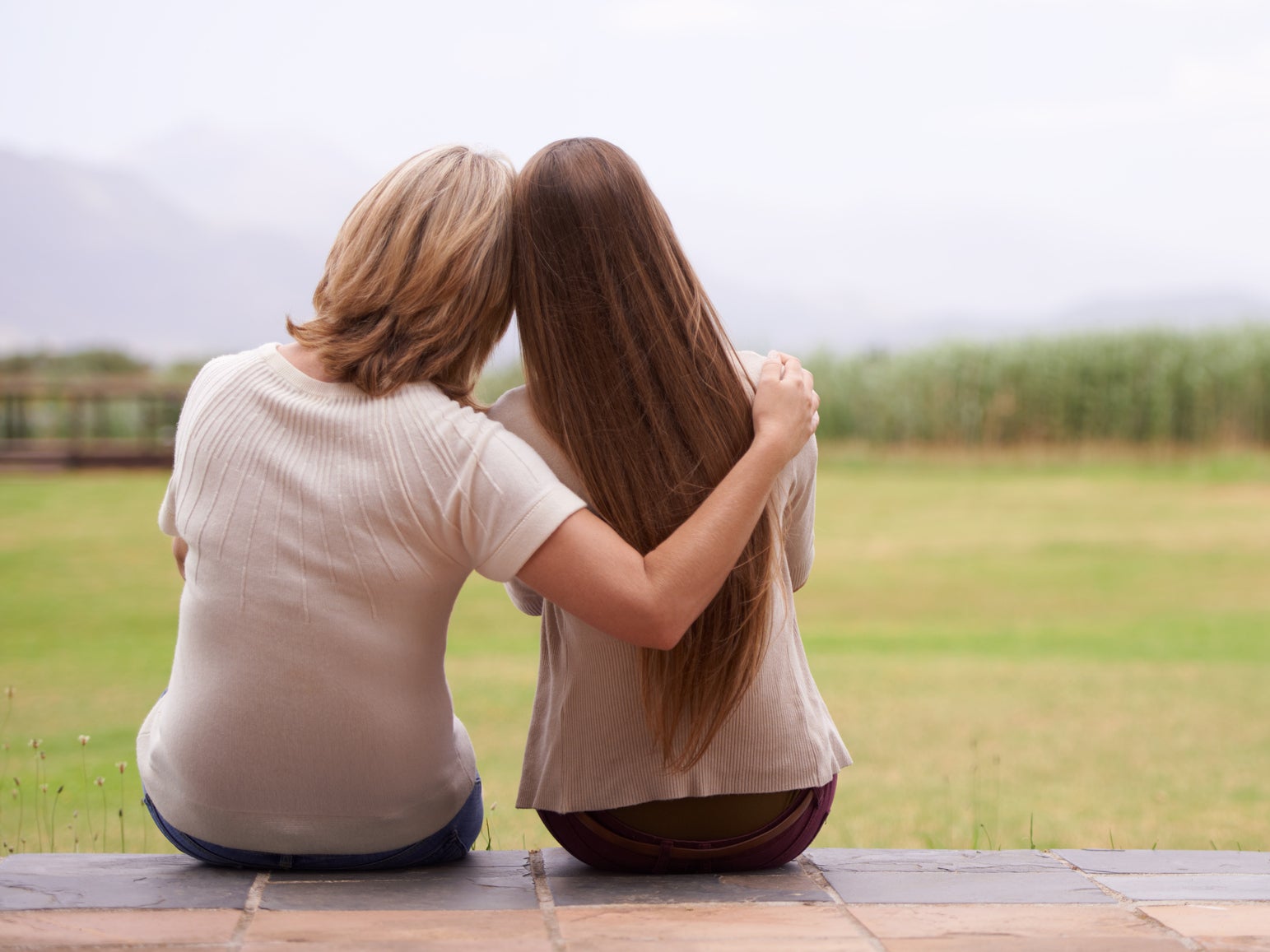
For some, Mother’s Day is a day of celebration, on which millions of mothers across the world receive gifts, cards and tokens of appreciation from their families.
However, if your mother has passed away, if you don’t have a close relationship with her or if you grew up without a mother in your household, the day can be one of hardship.
To mark Mother’s Day, The Independent has spoken to six individuals who have given their personal accounts of what it’s like to spend the day without their mothers.
Chris Jammer, 26, co-founder of the Strawberries and Creem and Cambridge Club music festivals
On 24 April 2018, Chris Jammer’s mother passed away from cancer a day before her 57th birthday. In 2012, Chris’ mother had been given the all-clear having been diagnosed with breast cancer eight years prior. However, following the death of her father and stepmother in a car accident, she was later diagnosed with terminal bone cancer and given just two years to live. Chris, who says his mother was his “best friend, my first port of call, my biggest inspiration”, became her primary carer shortly before her death. His mother spent the last few months of her life being looked after at North London Hospice.
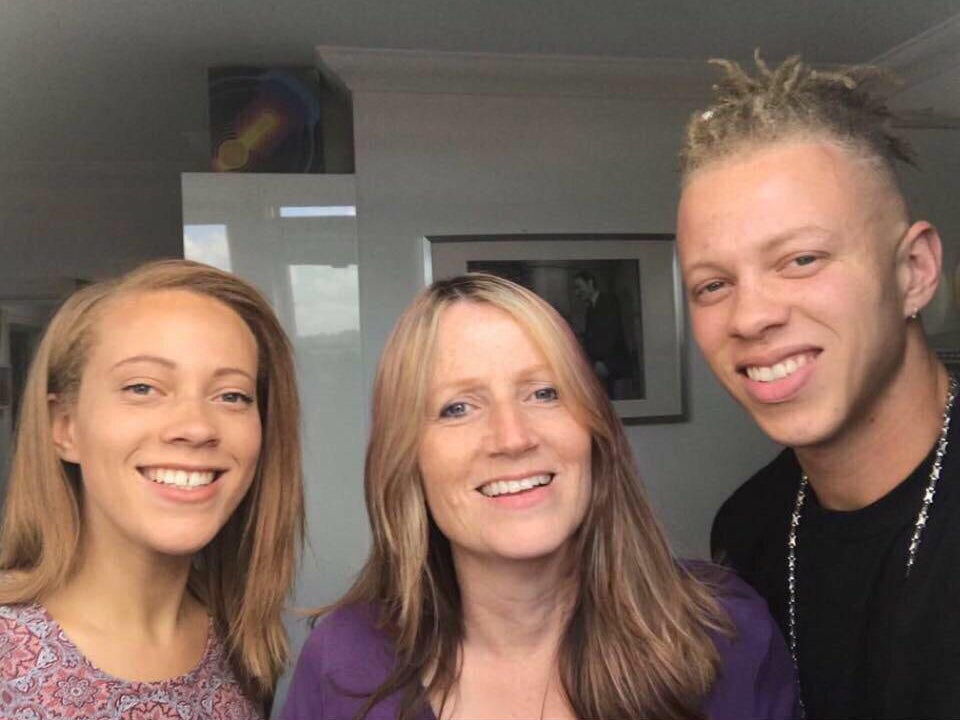
“We had a very open relationship and were probably closer than most,” Chris says of his mother. “There wasn’t one thing I couldn’t tell her and she supported every decision I ever made, even if she didn’t necessarily agree with it deep down.”
Chris says he didn't know what to expect from his first Mother’s Day without his mother in 2019.
However, the 26-year-old doesn’t believe the absence of her should stop him from honouring her on Sunday 22 March.
“Just because I can’t see her in the flesh this Mother’s Day doesn’t mean I can’t feel her and celebrate her anyway,” Chris says. “She wouldn’t want me to mourn her, that wasn’t her style.”
There wasn’t one thing I couldn’t tell her and she supported every decision I ever made
While Chris already had a close relationship with his sister Stella, he believes the shared loss of their mother has led to them forging a “newfound bond”.
When someone is supporting a friend whose mother has passed away, Chris says doing things their mother may have done for them may help ease their pain on Mother’s Day.
“Cook dinner, buy them cake, little things like that. I’ve missed things she would do for me. Just let your presence be felt in some way because the worst thing to feel on Mother’s Day would be alone.”
Chris adds that just because a mother who has passed away may be “out of sight”, that doesn’t mean she should be “out of mind”.
“What you and your mother were to each other, you still are. Death doesn’t change that,” he says. “The time that you had together is untouched and unchanged so celebrate and remember that.”
Nici Cunningham, 49, PR and marketing manager
In the summer of 2002, Nici Cunningham was informed that her mother had been diagnosed with oesophageal and secondary liver cancer. Just 12 weeks later, she passed away at the age of 62. As an only child, Nici felt especially close to her mother, speaking with her every day. Celebrating Mother’s Day has proven difficult for Nici over the years, but she says it has become easier with the help of her daughters and stepchildren.
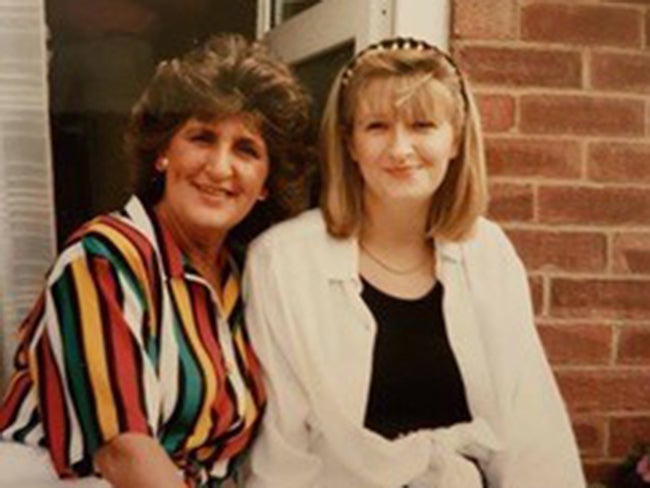
When Nici learned of her mother’s terminal cancer diagnosis, she says she felt “cheated”. She and her mother had recently spent six months living far away from one another, but had overcome the difficulties of distance to become even closer.
“I felt I was being cheated out of what could have gone on to be the best time of our relationship,” Nici says.
The 49-year-old’s first Mother’s Day without her mother arrived six months after her death. At that point, as a 32-year-old mother of three, Nici felt she “hadn’t been able to properly grieve” as she needed to support her father, who was “really struggling with his own grief”, and look after her three children, who were all under the age of 10.
The time will come when you are in the right place to enjoy these special days again
While Nici initially found it hard to acknowledge Mother’s Day, she now believes it’s important for the family to try their best to come together on the day. “I am so aware that life is short and you never know when this may be the last Mother’s Day together,” she says.
“I no longer feel angry with everyone who still has their mum,” Nici adds. “I just tell people to make sure they make amazing memories whenever they can.”
The PR and marketing manager’s spouse, daughters and stepchildren have all provided her with immeasurable support throughout the years. She suspects her husband, who she describes as her “rock”, will suggest they visit her mother’s grave over the weekend.
For those whose mothers have passed away, Nici states that it’s important to “allow yourself to be unhappy or sad or angry”. “You will never forget, but the time will come when you are in the right place to enjoy these special days again,” she adds.
Pamela Sommers, 49, self-help author
Pamela Sommers was only 22 years old when her mother passed away. Mother’s Day falls around the same time as her mother’s birthday, making the day particularly difficult for her. Now a self-help author living in London, Pamela uses the experience of her loss to help others, by expressing empathy and listening to the stories of her friends, relatives and colleagues whenever they’re in need.
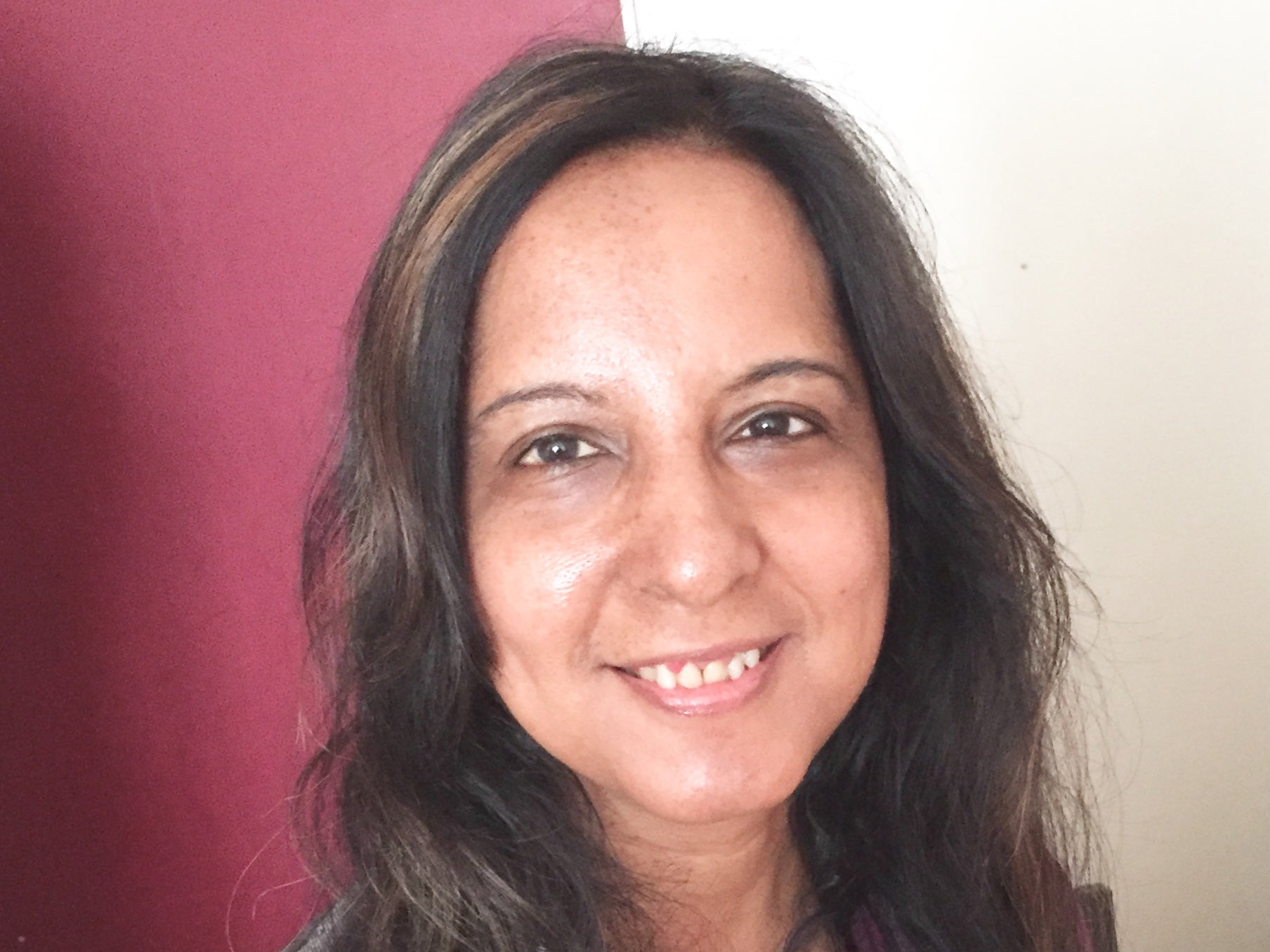
For Pamela, the annual arrival of Mother’s Day makes her wish that her mother had been able to meet her grandson.
The 49-year-old finds that listening to music and dancing, as her mother used to often do, makes her feel better when she’s feeling sad over her loss.
“I play music and remember the happy times. The laughter, joy and warmth she brought into our lives. I try to stay focused in the present and appreciate the family I have,” Pamela says.
Pamela recalls her first Mother’s Day without her mother, as a young woman in her early twenties, being especially challenging.
The hardest part of all is realising that you can never see, hear or hug them again
“I remember wishing I could give her flowers and a gift and feeling so sad that I would never see her again,” the author recollects.
“That’s the hardest part of all – realising that you can never see, hear or hug them again.”
For those wishing to support others whose mother isn’t around, Pamela advises always being available to talk and listen when in need.
“Compassion and a few kind words can go a long way,” she states.
Tina Bailey, 36, writer at mothergeek.co.uk
The loss of Tina Bailey’s mother was entirely unexpected. After being taken to A&E with a suspected infection on 30 March 2016, Tina’s mother was sitting with her daughter and grandson when she suddenly passed away in hospital. Having previously lost her father on Valentine’s Day when she was 23 years old, Tina found that while her friends were very supportive, many weren’t able to empathise with her situation.
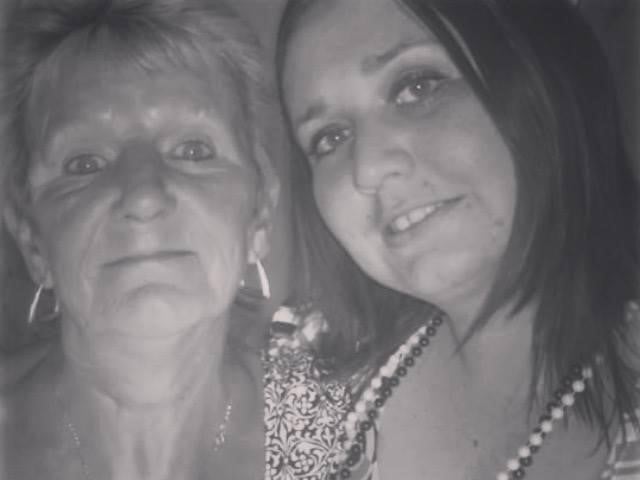
When Tina’s father passed away in 2007, she and her mother forged a closer relationship.
Her mother had been her “rock” when her son was diagnosed with autism, which made her sudden loss that much more devastating.
“I was only 32 when I had no parents left, so none of my friends could really relate,” Tina says.
“I find myself talking to my siblings a lot. Two of my sisters have special needs, so I am responsible fo them, and like to make sure they are doing alright.”
Try to find someone to talk to about your happy memories
Now aged 36, Tina, finds that keeping herself busy during Mother’s Day makes it easier for her to cope on the day.
“I find myself getting more upset. By keeping busy, the day goes faster, and I manage to make some memories with my own kids,” the writer explains.
While Mother’s Day remains a difficult time of year, Tina enjoys speaking to others about the memories she has of her parents.
“Try to find someone to talk to about your happy memories – if you have any. I love talking to my kids and family about my parents. My husband and kids never met my dad, but they all know him pretty well.”
Stacey Wilkinson, 39, founder and CEO of recruitment business TechRocks
At the age of 17, Stacey Wilkinson became estranged from her mother and father when she put herself into care. In retrospect, Stacey says she can “only ever recall having a turbulent relationship” with her mother. While occasions such as Christmas and Mother’s Day can be painful for her, Stacey has found it easier to cope by remembering to be thankful for everything that she has in her life.
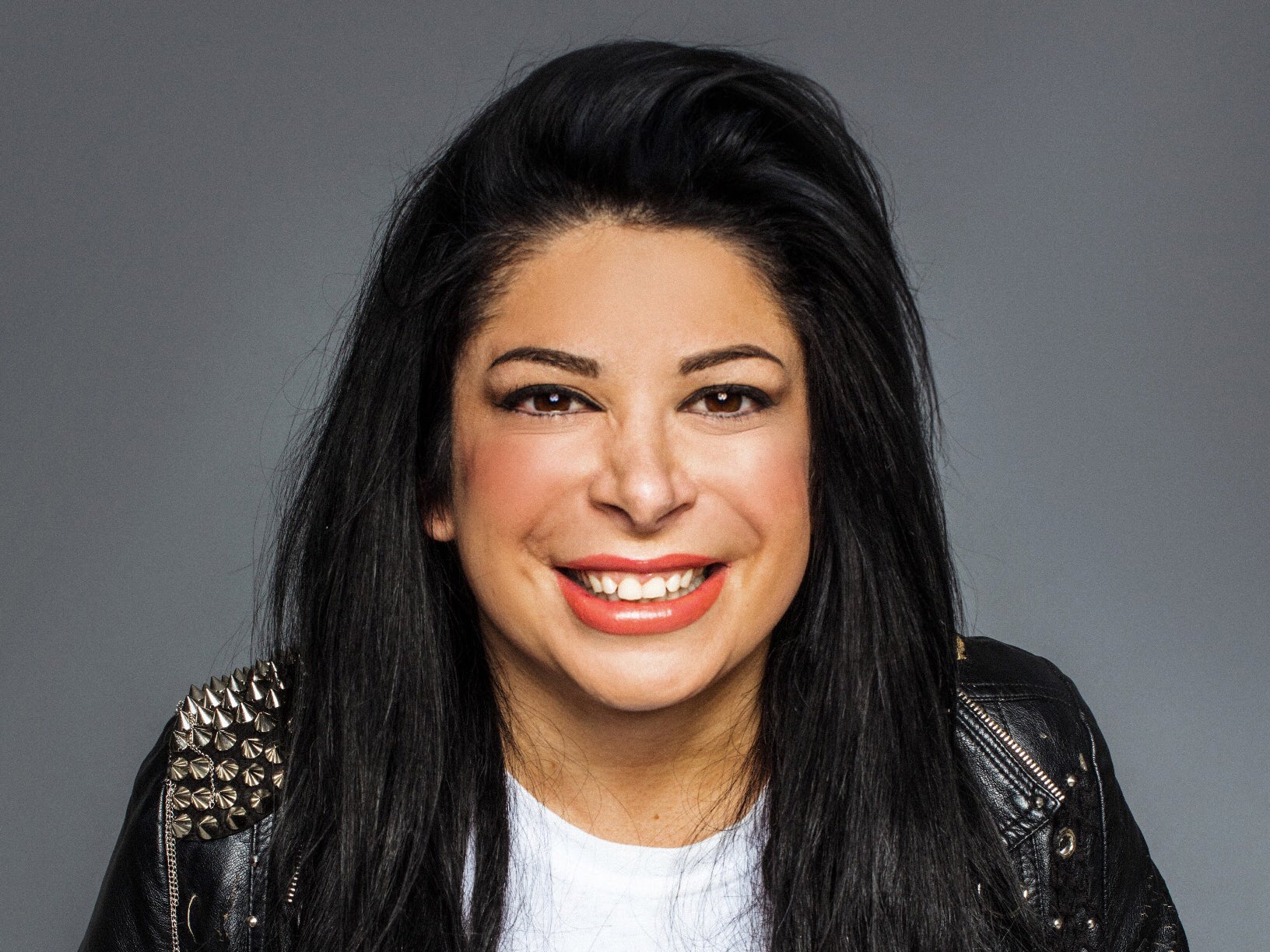
“To me, I don’t have a mum,” Stacey says, when recollecting what it was like growing up with her mother in Manchester.
Despite the pain Mother’s Day causes her, Stacey says it’s important to always maintain a positive outlook.
“Would I prefer a mother? Of course, but it’s imperative to always look on the bright side and see that everything happens for a reason,” the 39-year-old states.
“The root of all human suffering comes from attachment and when we learn to let go, that’s when the good stuff happens.”
A lot of us dwell a significant part of our short lives on loss and death
Stacey believes she wouldn’t have travelled the world for three years had she been closer to her mother.
She also believes those spending Mother’s Day without a mother should do their best to find solace with one another.
“For every person that’s spending time with their mother that day, I can guarantee there will be three more that aren’t, so arrange a meet up with someone in a similar situation,” Stacey suggests.
“As humans, a lot of us dwell a significant part of our short lives on loss and death, when it’s actually part of the cycle.”
Natasha Bray, 32, psychology expert and Rapid Transformation coach
Less than two years ago, Natasha Bray became estranged from her mother when they opened up about issues they’d previously kept “brushed under the carpet”. While Natasha wishes their relationship could have turned out differently, she now believes those without a mother on Mother’s Day should use the occasion to treat themselves.
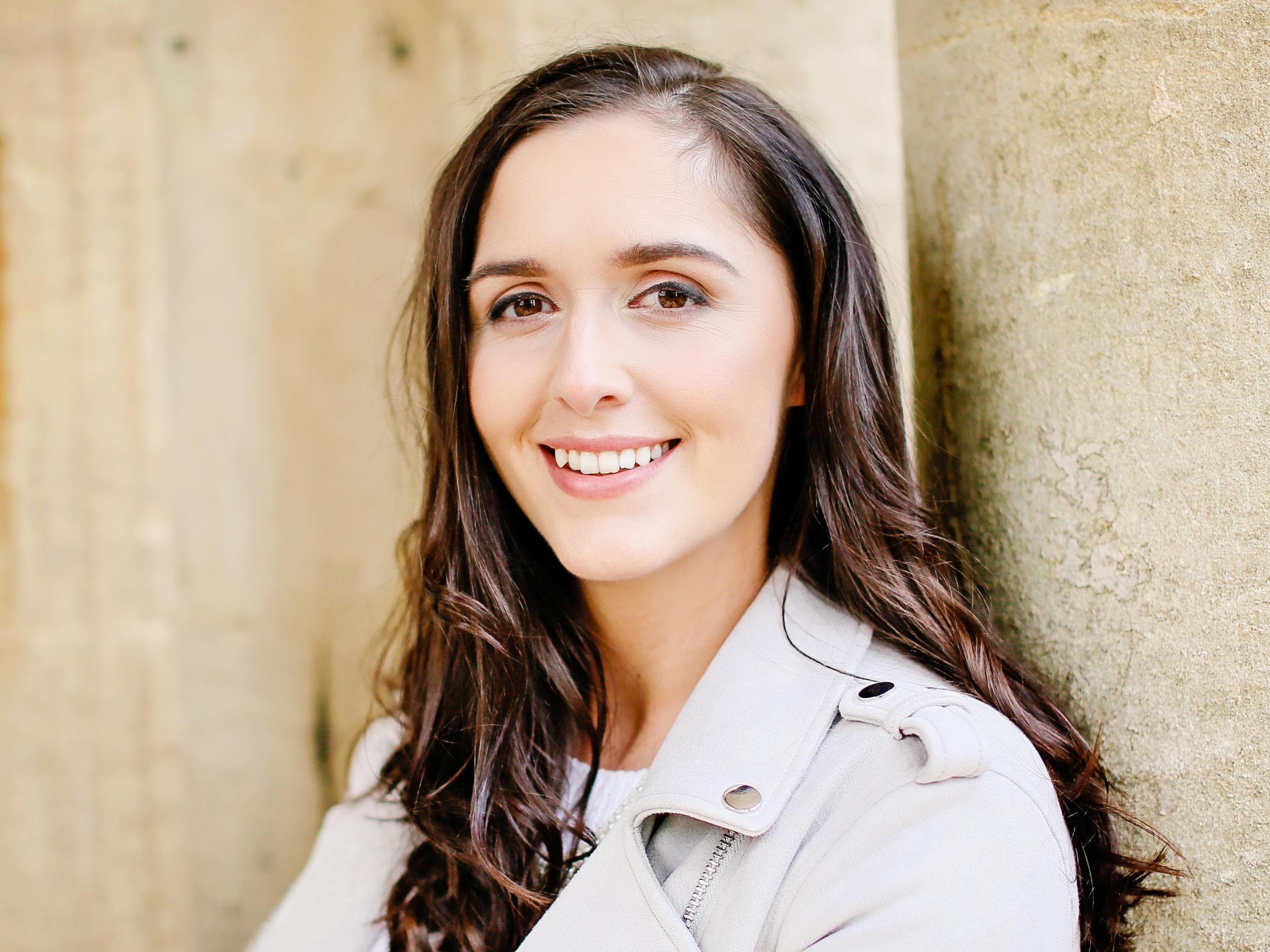
“There was a strange dynamic,” Natasha says, in reference to the relationship she shared with her mother before they became estranged.
While Natasha, from Bridgend in south Wales, felt it was important for her and her mother to face the past together, she explains her mother did not feel the same way, which is why, for her “emotional protection and healing”, she decided to remove her mother from her life.
In May 2018 when the 32-year-old woke up on her birthday, she says she woke up “feeling very alone in the world”, as she also doesn’t speak with her father.
However, her partner, two-year-old son and extended family members have provided her with the love and support she needs this Mother’s Day.
If you want to have a little cry, that’s ok. It is better out than in
“This day is about me being a mother now, and being the best mother I can be,” Natasha says.
The psychology expert’s best advice to anyone in a similar predicament to her is simple: “Get selfish!”
“If you want time along, have time alone. If you want time with others or if you have children, spend time with loved ones. If you want to have a little cry, that’s ok. It is better out than in,” Natasha states.

For those wishing to support others whose mothers aren’t around on Mother’s Day, Natasha believes it’s important not to feel awkward talking about their circumstances.
“It’s like the elephant in the room. Give the person permission to open up to you if they need to,” she says.
“Also, respect if they don’t want to talk about it either and don’t make a big deal over it. A kind word, smile and a hug go a long way.”
If you’re experiencing bereavement, you can contact The Bereavement Trust by calling 0800 435 455. The helpline is open from 6pm until 10pm every day. If the line is engaged, the trust advises calling 0800 9177 416.
If you’re estranged from a family member, you can visit charity Stand Alone‘s website to discover services that are available to you. These services include support groups, therapeutic workshops and online advice guides
Join our commenting forum
Join thought-provoking conversations, follow other Independent readers and see their replies
Comments
Bookmark popover
Removed from bookmarks